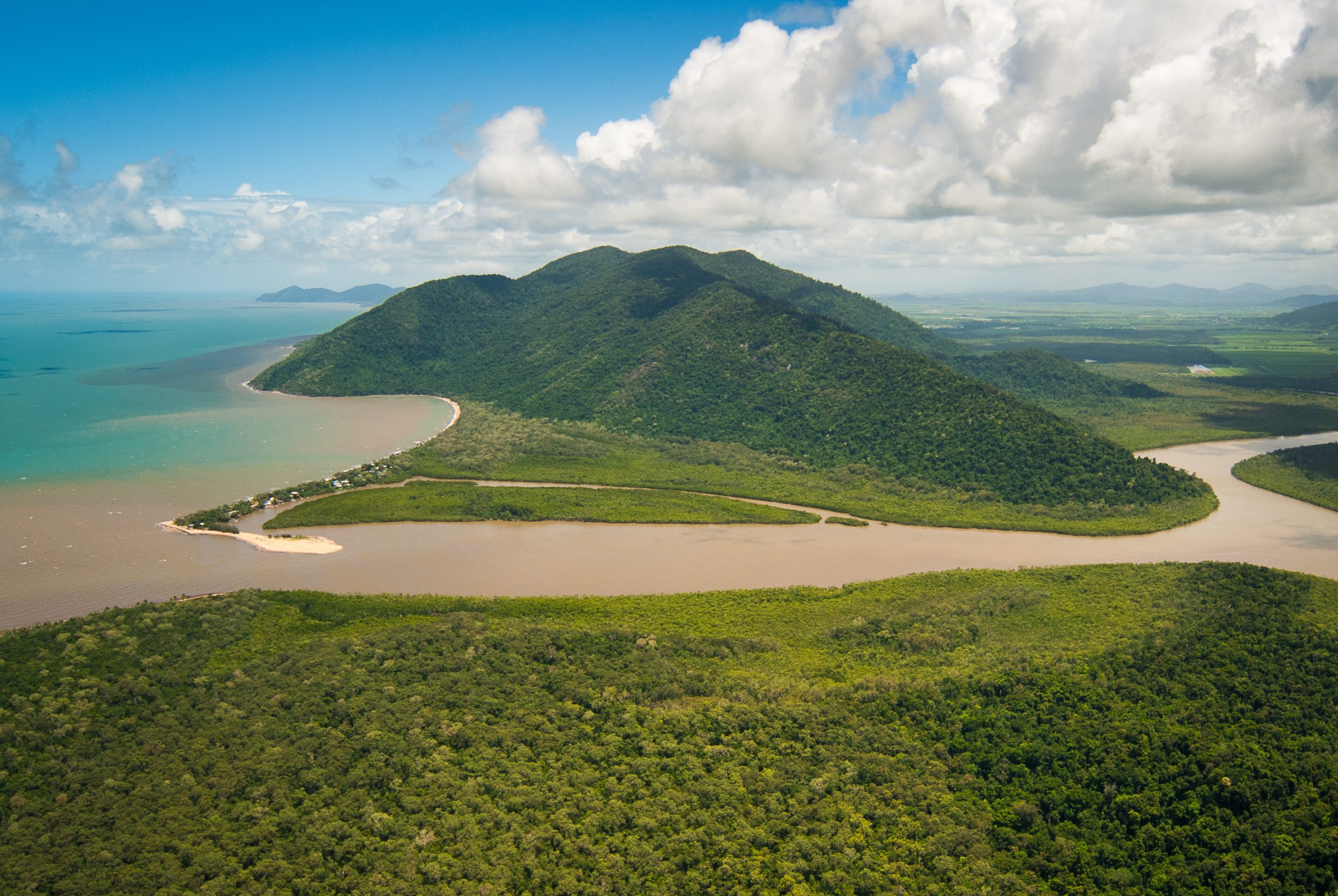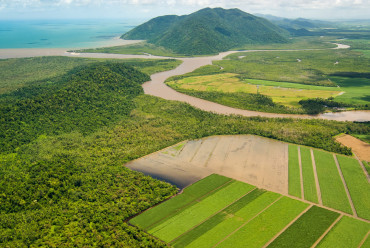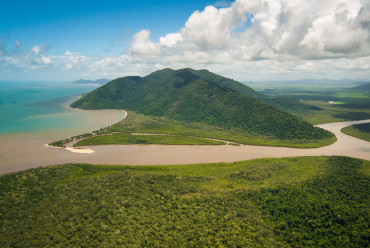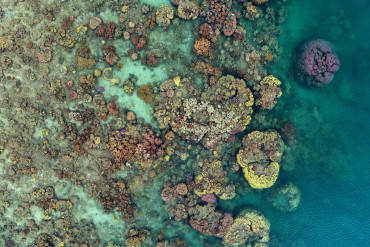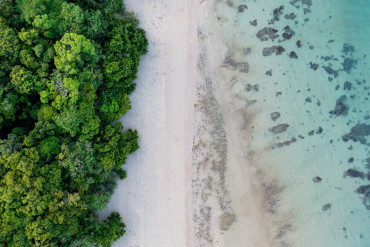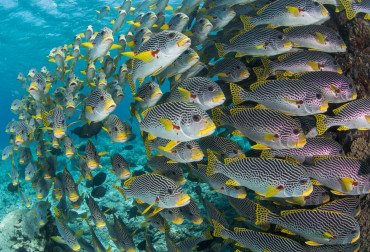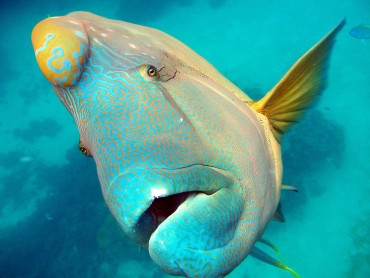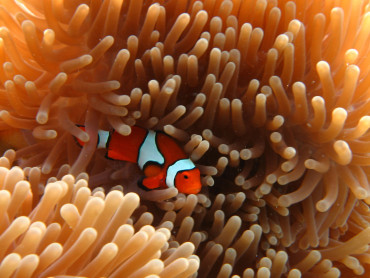The 2022 Scientific Consensus Statement is used by policymakers as a key evidence-based document for making decisions about managing Great Barrier Reef water quality. It is one of several projects that provides supporting information for the design, delivery and implementation of the Australian and Queensland government’s Reef 2050 Water Quality Improvement Plan. The Plan defines objectives and targets related to water quality improvement, identifies spatial management priorities and describes actions for improving the quality of the water that enters the Great Barrier Reef from the adjacent catchment area.
Management that supports improvement of Great Barrier Reef water quality requires an understanding of:
- current water quality conditions and factors that influence water quality at different times and locations
- the impacts of poor water quality on Great Barrier Reef ecosystems and how they interact with other threats
- the sources and transport pathways of land-based pollutants
- the actions that can improve water quality and the main factors that influence the success of these actions
The Scientific Consensus Statement summarises the evidence, typically from 1990 to the end of 2022, across this broad scope and identifies points of consensus among scientific experts on these issues. Scientific consensus among experts in multiple fields of research and disciplines was identified as a high priority for building confidence in the 2022 Scientific Consensus Statement for the community of policy makers, managers, delivery partners, stakeholders and a wider audience that all hold an interest in water quality outcomes for the Great Barrier Reef.
The 2022 Scientific Consensus Statement has been developed over two years (2022–2024) and is the most comprehensive review of land-based impacts on the water quality and ecosystem health of the Great Barrier Reef to date. It includes several changes in the process compared to previous iterations, including demonstrated independence from decision makers, increased transparency and rigour in the approach to synthesise the evidence base, assessment of the level of confidence in the findings, and greater engagement with end users throughout the process, all underpinned by a set of guiding principles. C2O Consulting was engaged by the Australian and Queensland governments to independently lead the delivery of the 2022 Scientific Consensus Statement. Its development has involved over 200 experts including 147 authors and reviewers from Australia and overseas.
The three primary outputs of the 2022 Scientific Consensus Statement are:
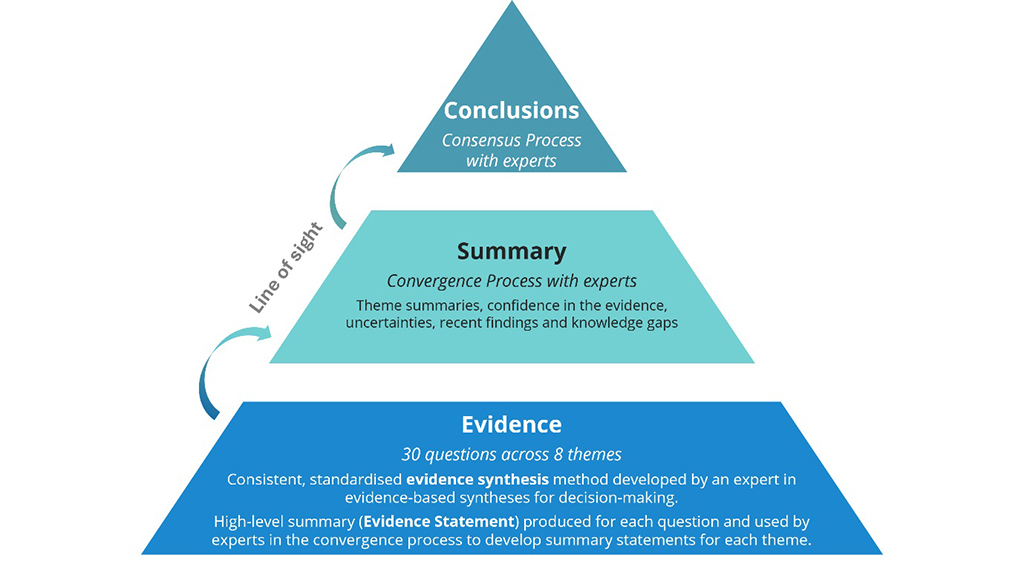
What does the 2022 Scientific Consensus Statement cover?
The 2022 Scientific Consensus Statement addresses 30 priority questions (the Evidence) that were developed in consultation with scientific experts, policy and management teams and other key stakeholders including representatives from agricultural, tourism, conservation and research organisations, and Traditional Owner groups. The questions are organised into several Themes: values and threats, sediments and particulate nutrients, dissolved nutrients, pesticides and other pollutants, and human dimensions and emerging science. The themes cover cross-cutting concepts including ecological processes and impacts, delivery and source, human dimensions, and management practices. In addition, several topic summaries collate evidence across the questions to provide a brief non-technical overview about certain ecosystems and land uses.
Evidence synthesis methods and peer review
The 30 priority questions were addressed using a formal evidence review and synthesis method developed by an expert in systematic evidence-based approaches to inform decision-making. In total, 78 expert authors and contributors were involved in addressing the 30 questions. The outputs are based on evidence from over 4,000 publications. The synthesis of evidence for each question was independently peer reviewed following a formal peer review process that was managed by an Editorial Board and involved 63 reviewers from Australia and overseas.
Consensus process
The 30 syntheses provided the supporting evidence base for the 2022 Scientific Consensus Statement Summary and Conclusions, which were developed using formal methods of scientific consensus. The Summary was developed using a convergence process involving 7-9 experts from each Theme and contains a summary for each Theme including the confidence in the evidence, uncertainties, recent findings and knowledge gaps. The Conclusions were agreed by 35 experts using a formal consensus process. The Summary and Conclusions were endorsed by the Reef Water Quality Independent Science Panel (ISP), and reviewed by three independent eminent experts.
Oversight and assurance
Oversight and assurance of the 2022 Scientific Consensus Statement process was provided by Australia’s Chief Scientist. The Reef Water Quality Independent Science Panel (ISP) and the Reef 2050 Independent Expert Panel (IEP) had technical advisory (ISP and IEP) and review (ISP only) roles for specific steps in the process. Several expert working groups were established to support the development of methods to ensure best practice was followed for the synthesis of the evidence, peer review and consensus processes. Policy and management representatives and stakeholders, including the Reef 2050 Advisory Committee, were kept informed throughout the process.

